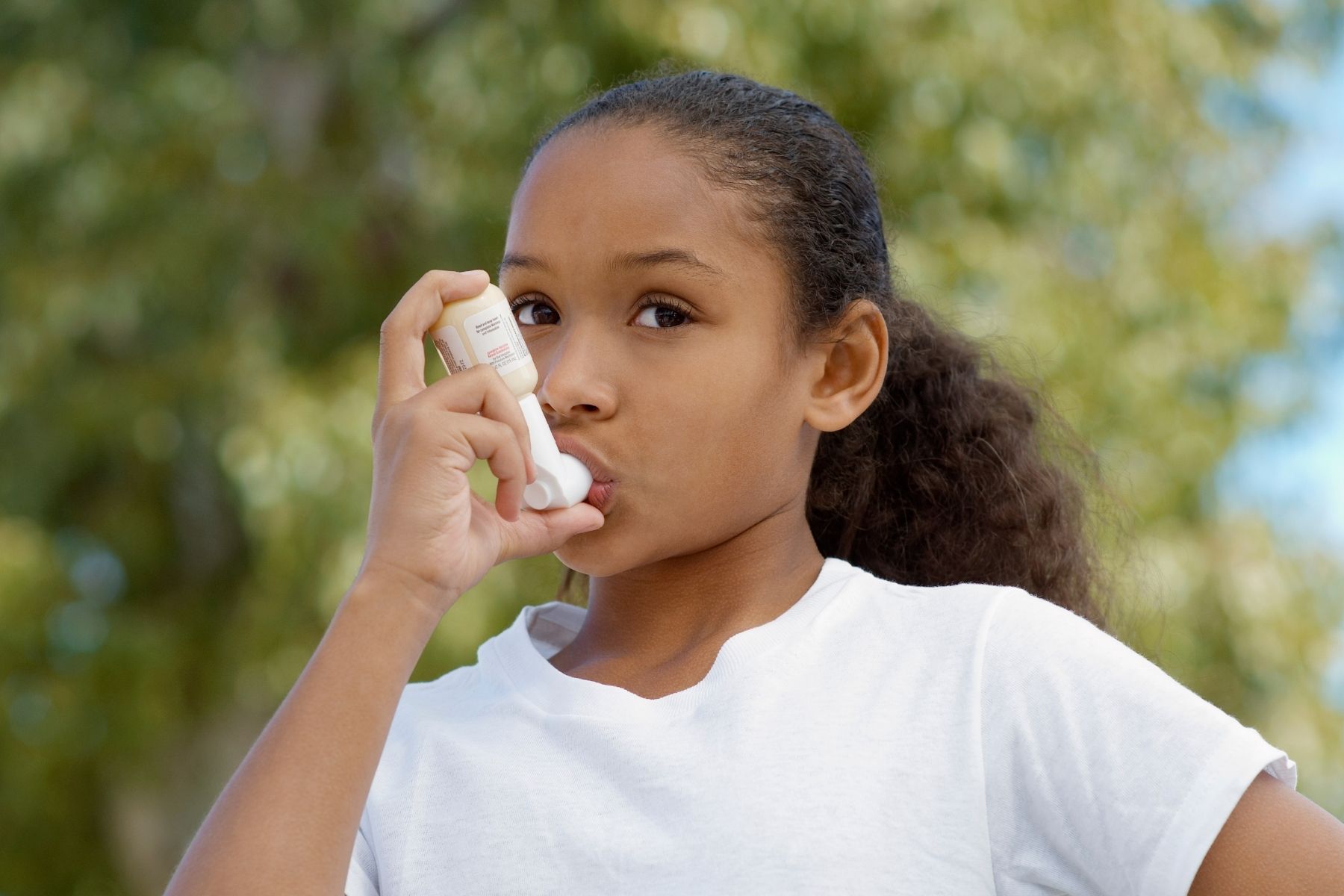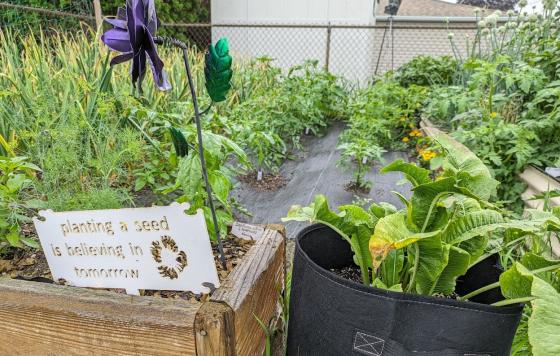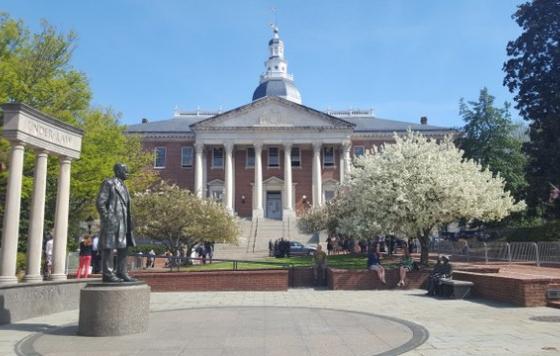
Clean air is a human right, but Massachusetts could be doing more to ensure that all residents have safe air to breathe, regardless of their zip code. One underregulated contaminant is the toxic pollutant known as ultrafine particles (UFPs). UFPs are so small they cannot be seen with the naked eye, but they are part of the larger picture of dangerous air quality putting residents’ health at risk.
The health impacts of “larger” fine particulate pollution (PM 2.5) are well documented. Some of these include respiratory failure, cancer, low birth weight, asthma, cardiovascular diseases, and stroke. In Massachusetts, it is estimated that over 2,700 people died from illnesses linked to fine particulate air pollution in 2019 alone. UFPs are less well studied but also pervasive.
UFPs, like other fine particulate pollution, are created from the combustion of fossil fuels and are released in the emissions from trucks, cars, diesel locomotives, buses, construction equipment, and other vehicles. Areas with heavy traffic have higher concentrations of UFPs, and the concentration rises and falls with traffic patterns. Communities with considerable traffic congestion are often environmental justice (EJ) communities, meaning they already are overburdened with overlapping health stressors including other sources of pollution and socioeconomic disparities. We should not wait to begin to implement policies that will protect residents from both fine AND ultrafine particulate pollution. Increasing access to air filters in buildings such as daycare facilities, nursing homes, hospitals, and schools can help improve air quality indoors. Additionally, establishing new robust air quality standards and increasing monitoring for UFPs in EJ communities can be a step in the right direction to address the levels of UFPs in overburdened neighborhoods.
We need the Massachusetts Legislature to act now to improve the indoor and outdoor air quality for residents of the Commonwealth. In the 2021-2022 legislative session, Clean Water Action worked to advance an air quality bill, S1447, which would have helped to improve the air quality around the most affected cities and vulnerable neighborhoods. While we were disappointed that this bill did not pass, the proposed legislation launched essential discussions in the State House and EJ communities about the need to correct the injustice of poor air quality through comprehensive policy with a focus on communities that are most impacted. As human beings, it is our right to breathe fresh air. Clean Water Action will continue to work with elected officials here in Massachusetts to file strong legislation that will ensure better air quality for future generations.
Marilyn M Kaun is a MPH candidate and has been working as an intern at Clean Water Action since September 2022.
References
Larson, Peter S., Leon Espira, Bailey E. Glenn, Miles C. Larson, Christopher S. Crowe, Seoyeon Jang, and Marie S. O’Neill. 2022. "Long-Term PM2.5 Exposure Is Associated with Symptoms of Acute Respiratory Infections among Children under Five Years of Age in Kenya, 2014" International Journal of Environmental Research and Public Health 19, no. 5: 2525. https://doi.org/10.3390/ijerph19052525
Thayer, K. L., Lane, K., Simon, M. C., Brugge, D., & Fuller, C. H. (2022). An exploratory analysis of sociodemographic characteristics with ultrafine particle concentrations in Boston, MA. PLOS ONE, 17(3), e0263434. https://doi.org/10.1371/journal.pone.0263434
Schraufnagel, D.E. The health effects of ultrafine particles. Exp Mol Med 52, 311–317 (2020).



